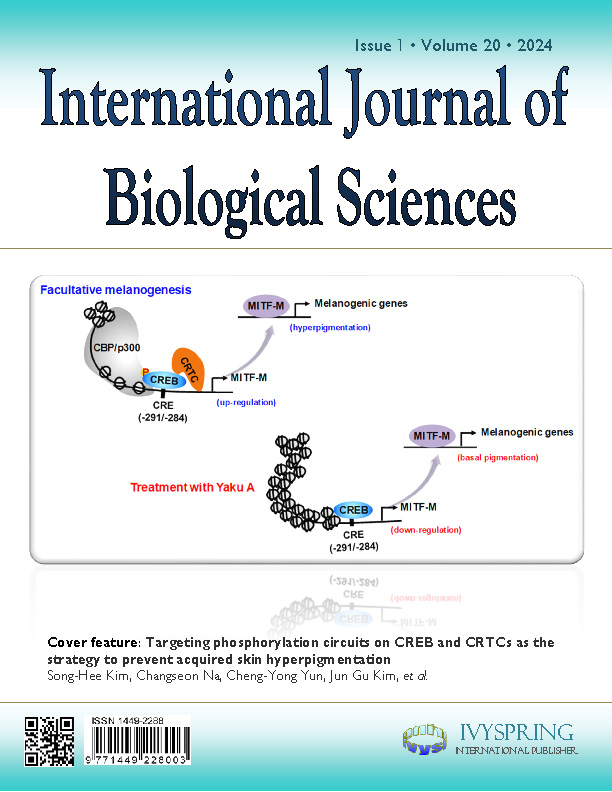癌症和代谢疾病中的抗氧化基因:聚焦 Nrf2、Sestrin 和血红素加氧酶 1
IF 8.2
2区 生物学
Q1 BIOCHEMISTRY & MOLECULAR BIOLOGY
引用次数: 0
摘要
活性氧参与了癌症和代谢性疾病(包括糖尿病、肥胖症和脂肪肝)的发病过程。因此,抑制自由基的生成是控制代谢性疾病发病和癌症进展的一种有前途的策略。据报道,各种具有抗氧化活性的合成药物和天然产物衍生化合物对一系列代谢性疾病和癌症具有保护作用。本综述强调了癌症和代谢性疾病的发生和恶化是由于促氧化剂和内源性抗氧化剂分子之间的不平衡造成的。此外,我们还讨论了调节活性氧产生的蛋白质的功能,以此作为治疗代谢性疾病的一种策略。我们特别总结了类核因子 2、Sestrin 和血红素加氧酶-1 等蛋白质在代谢性疾病和癌症中调节各种抗氧化基因表达的作用。我们还收录了最新的文献,讨论了有关识别可控制代谢性疾病和癌症的新型抗氧化基因信号的最新研究。本文章由计算机程序翻译,如有差异,请以英文原文为准。
Antioxidant genes in cancer and metabolic diseases: Focusing on Nrf2, Sestrin, and heme oxygenase 1
Reactive oxygen species are involved in the pathogenesis of cancers and metabolic diseases, including diabetes, obesity, and fatty liver disease. Thus, inhibiting the generation of free radicals is a promising strategy to control the onset of metabolic diseases and cancer progression. Various synthetic drugs and natural product-derived compounds that exhibit antioxidant activity have been reported to have a protective effect against a range of metabolic diseases and cancer. This review highlights the development and aggravation of cancer and metabolic diseases due to the imbalance between pro-oxidants and endogenous antioxidant molecules. In addition, we discuss the function of proteins that regulate the production of reactive oxygen species as a strategy to treat metabolic diseases. In particular, we summarize the role of proteins such as nuclear factor-like 2, Sestrin, and heme oxygenase-1, which regulate the expression of various antioxidant genes in metabolic diseases and cancer. We have included recent literature to discuss the latest research on identifying novel signals of antioxidant genes that can control metabolic diseases and cancer.
求助全文
通过发布文献求助,成功后即可免费获取论文全文。
去求助
来源期刊

International Journal of Biological Sciences
生物-生化与分子生物学
CiteScore
16.90
自引率
1.10%
发文量
413
审稿时长
1 months
期刊介绍:
The International Journal of Biological Sciences is a peer-reviewed, open-access scientific journal published by Ivyspring International Publisher. It dedicates itself to publishing original articles, reviews, and short research communications across all domains of biological sciences.
 求助内容:
求助内容: 应助结果提醒方式:
应助结果提醒方式:


